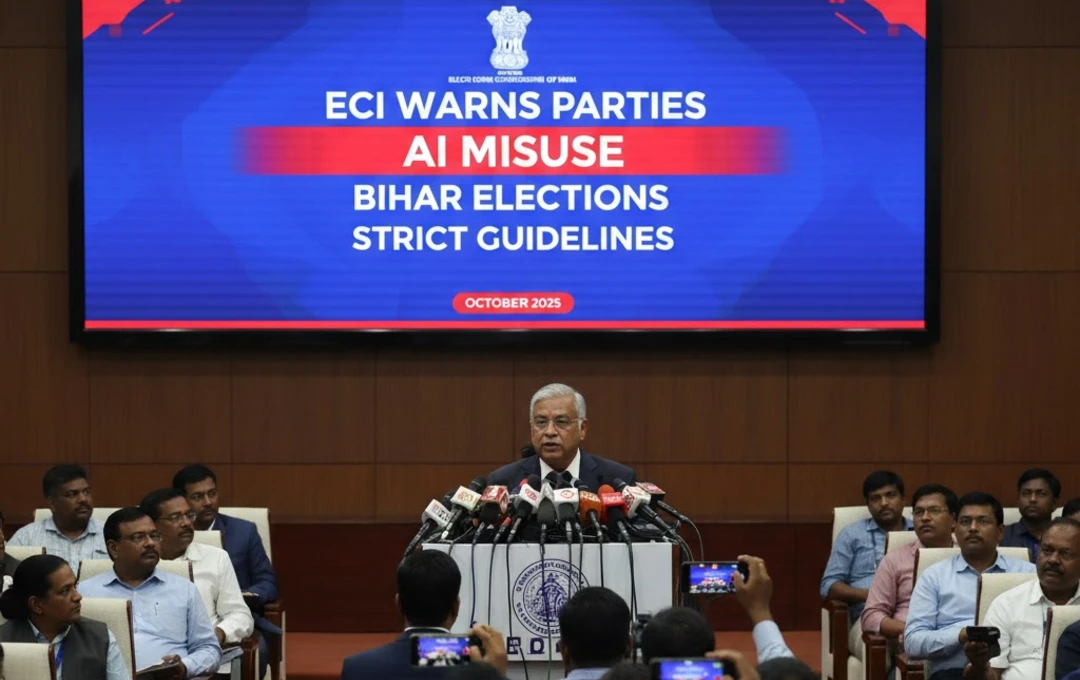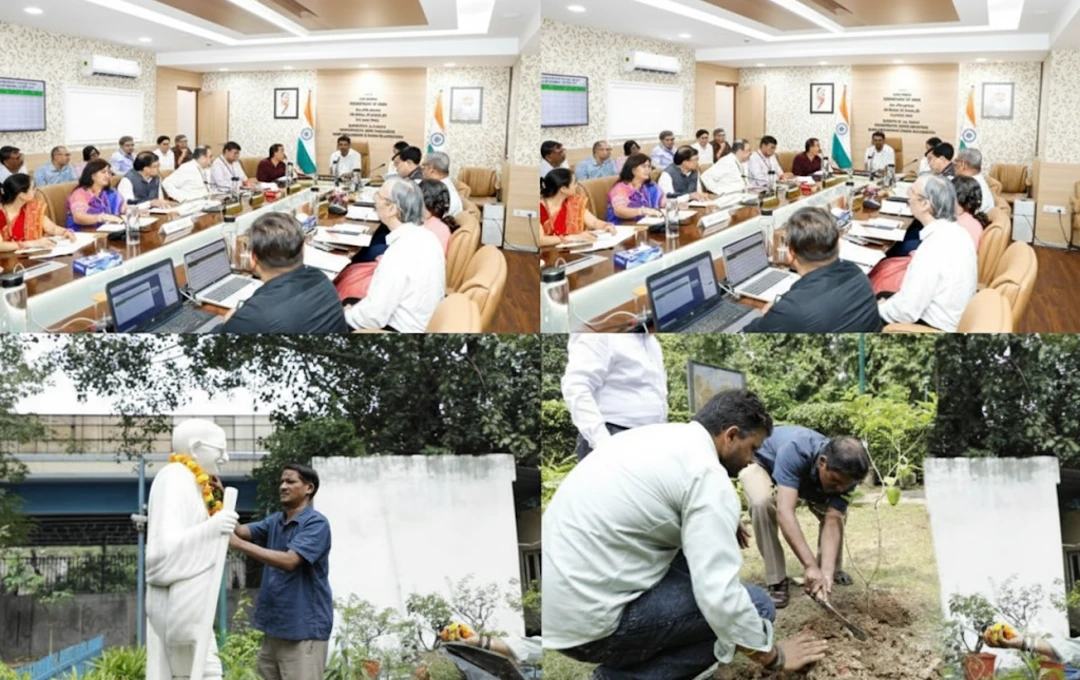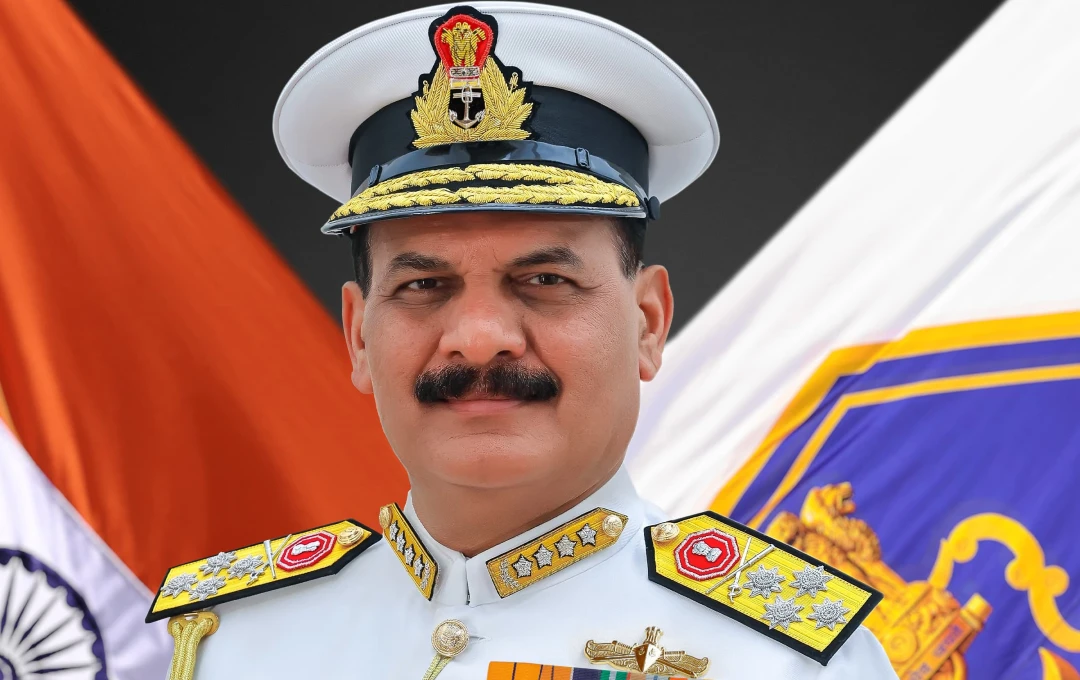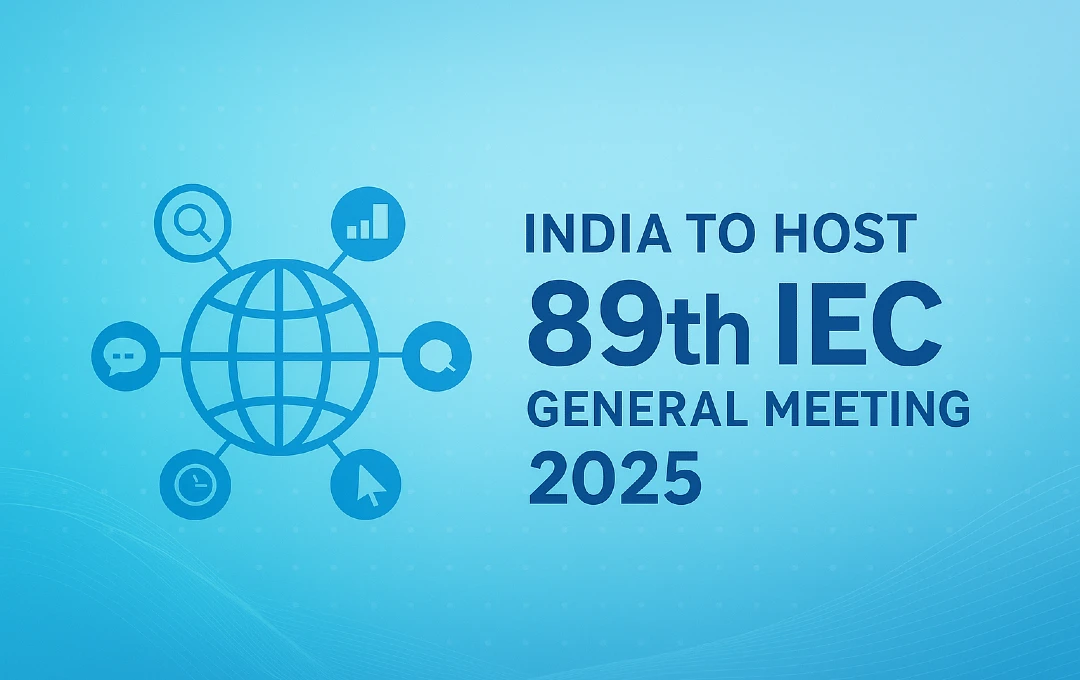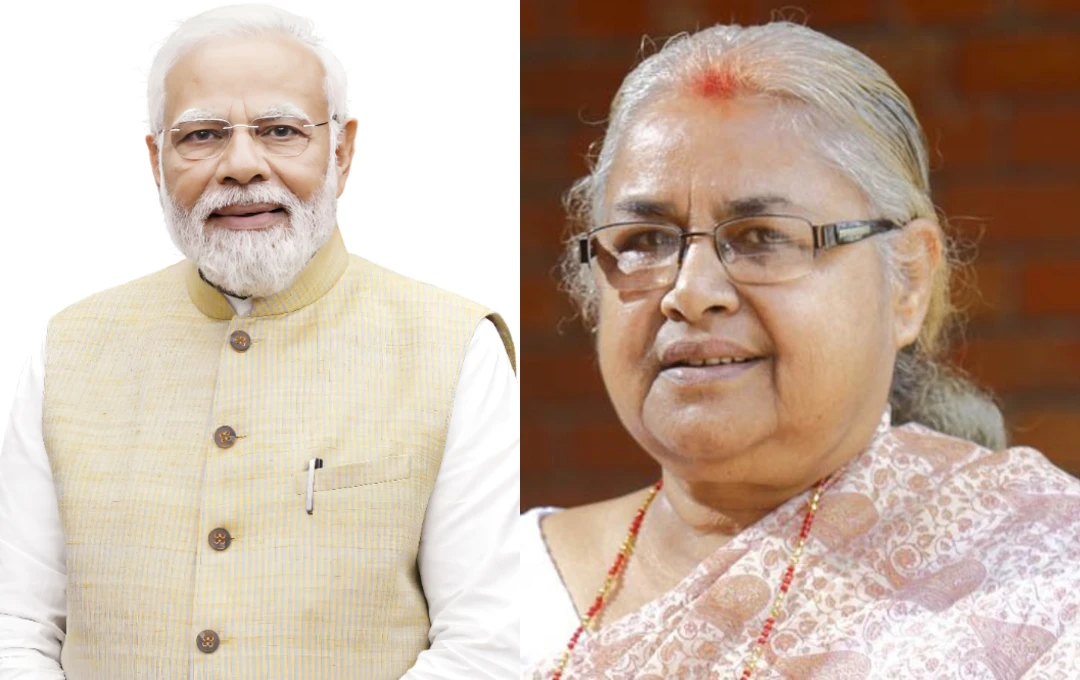Emergency Was an Earthquake That Shook Indian Democracy: Vice President Dhankhar
Vice President Jagdeep Dhankhar urges youth to remember the 1975 Emergency, calling it democracy's darkest hour, during Kumaon University's Golden Jubilee event.
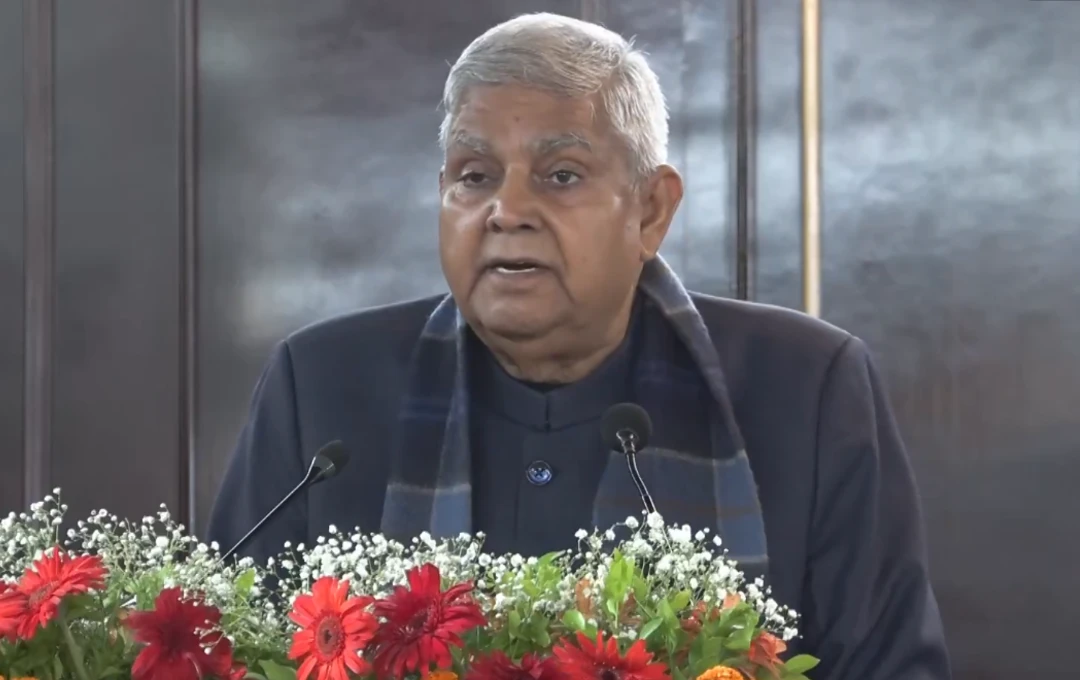
On the 50th anniversary of the Emergency imposed in 1975, Vice President Jagdeep Dhankhar delivered a powerful reflection on what he termed as the "darkest period" of India's democratic history. Speaking at the Golden Jubilee celebrations of Kumaon University in Nainital, Uttarakhand, Dhankhar described the imposition of Emergency as "nothing short of an earthquake to destroy democracy."
The Vice President emphasized the extraordinary suspension of constitutional values and personal liberties during the Emergency. He noted how the then Prime Minister, facing an adverse High Court ruling, declared Emergency without consulting the cabinet, and the President of India signed the proclamation, thereby sidelining constitutional processes.
"A lakh and forty thousand people were jailed, with no access to justice. Nine High Courts stood firm on protecting fundamental rights, but sadly, the Supreme Court faltered," he stated.
Dhankhar criticized the apex court's decision to override High Court rulings that upheld fundamental rights during Emergency. The Supreme Court's position-that Emergency was solely an executive matter not subject to judicial review-was, according to the Vice President, a severe blow to the principles of democracy.
Remembering 'Samvidhan Hatya Diwas'
To ensure that the younger generation remains aware of this chapter of Indian history, Dhankhar underscored the importance of observing Samvidhan Hatya Diwas (Constitution Killing Day). "Our youth must know what happened-who were jailed, what the press endured, and how leaders who later became Prime Ministers and Presidents were silenced," he said.
He lauded Justice H.R. Khanna, the lone dissenting voice in the Supreme Court who upheld individual rights, stating that his courage continues to inspire defenders of democracy around the world.
Role of Campuses in Democracy
Speaking to the students and faculty, the Vice President stressed the role of academic institutions as "natural crucibles of ideation and innovation." He highlighted the unique value of on-campus learning, saying that it plays a critical role in shaping character, thought, and leadership.
"You can't innovate without ideation. Fear of failure must never stop you," Dhankhar advised, encouraging students to take bold steps and "do it now."
Alumni as Catalysts of Growth
In a call to action for institutional development, the Vice President highlighted the power of alumni networks. He encouraged former students to contribute regularly to their alma mater. Using a simple illustration, he explained that if each of the 100,000 alumni donated just Rs. 10,000 per year, the university could become self-reliant with a Rs. 100 crore annual fund.
"Alumni connect is not just financial-it's about mentorship, networks, and building legacy," he said, urging for an organized alumni association to emerge from Dev Bhoomi (Uttarakhand).
Final Thoughts
Vice President Dhankhar's address served as a powerful reminder of the need for eternal vigilance in a democracy. Marking 50 years since the Emergency, his speech called on students, institutions, and citizens to reflect, learn, and ensure such transgressions never recur.
